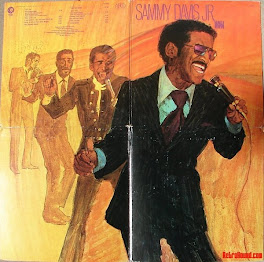Love the brashness of Preston Sturges's mid-Century 'screwball' characters. In this clip from Sullivan's Travels (1941), Joel McCrea, a film director, is on a mission. It shows a long-standing literary/artistic clash. Witness Philip Sidney's An Apology For Poetry (1595):
Poesy therefore is an art of imitation, for so Aristotle termeth it in his word Mimesis, that is to say, a representing, counterfeiting, or figuring forth -- to speak metaphorically, a speaking picture; with this end, to teach and delight.
Director Sully wants to teach, but his studio guardians insist on the delight, and he reluctantly gives some leeway. The film follows his earnest, yet naive, attempts at what he sees as a kind of social realism -- until he accidentally falls victim to problems he barely, only idealistically, understood.
By the film's end, he's learned something about what's to be taught and how people laboring under social miseries take their art.






































for some reason i was able to see only parts of the film.. but did decide to watch it leisurely on a weekend.
ReplyDeleteit has been out of my mind for a while... thank you for reminding :)
Aparna,
ReplyDeleteAs with many of these older films, I first saw it late night in Los Angeles where the local stations in the 50s and 60s gobbled up studio 'product' in order to 'fill air time'.
Sullivan's Travels formed some of my bluff talk, democratic ideals, sense of people's basic goodness, and humor.
Let it be said that, by now, I'm not so sure how fully true a picture of 'life' it is, but certainly one of the more appealing ones.
Trulyfool
I'm adding this one to the Netflix queue. I know I'm gonna love it.
ReplyDeleteTess,
ReplyDeleteIt's got the 'upbeat' of a Capra with less of the sentimentality? (You'll 'dig' it!)
Trulyfool